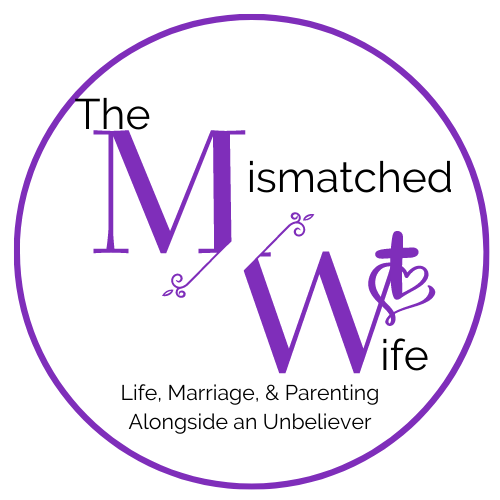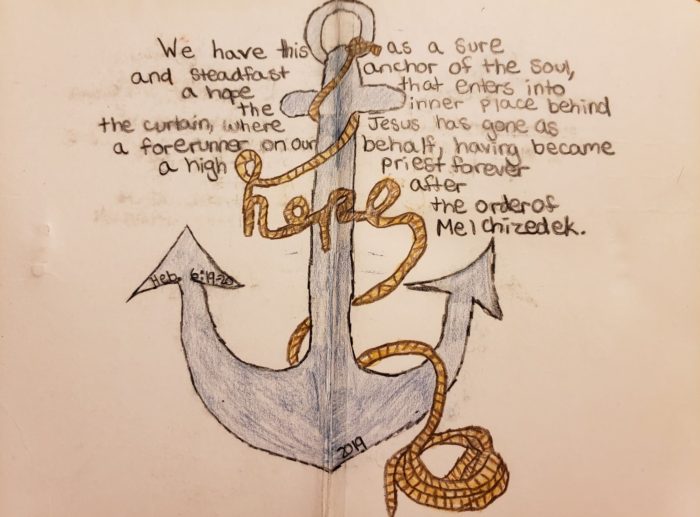“Hope is a cognitive process, a way of thinking about ourselves and the world (Brene Brown).”
Often the word hope is used casually in conversation: “I hope I get what I want for Christmas.” or “I hope she’s okay.” There is nothing wrong with these phrases, but they leave us with a false sense of what hope actually is. In these sentences, hope is heard as a desire, but not a belief. It is something wanted, but the speaker may or may not have much confidence in the fruition of these hopes. I want to challenge this use of hope because while it may not be wrong, it certainly isn’t a Biblical use of hope and I think it can leave us feeling empty inside when those hopes don’t become reality, eventually leading to hopelessness.
Two years ago, a very dear mentor of mine gave me a definition of hope that shifted my perspective and changed the way I look at hope. She said that hope is “an eager expectation.” When I think of holding something in expectation, I feel confident that it is going to be the way I believe it will be. And when I hear the word eager, I picture a child full of excitement and bubbling to the brim waiting for that moment he gets to enjoy the promised ice cream for behaving in the store. Hope is waiting, but hope is not unsure or fearful. Hope is not merely a desire voiced. Hope is waiting for the fulfillment of a promise with eager expectation. Hope is not an emotion. Hope is a thought process, or dare I say a belief.
Examples of eager expectation and belief that a promise will be fulfilled is consistently evident in the Old Testament as David awaits the coming of the promised Messiah (Psalm 130). Even after the Christ child is born, the eager expectation can be heard in the words of Matthew …and in his name the Gentiles will hope (12:21). Again, hope is found in 1 Peter; however, this hope is different. This hope comes after the crucifixion of Christ when all should be hopeless as the story that was bringing so much hope is flipped upside down and the promised Messiah is dead. Yet, Peter writes about the hope of an inheritance that is imperishable, undefiled, and unfading (1 Peter 1:3-5). This is the living hope that we can cling to today as we eagerly expect God to come again and make his creation new.
Brother or sister, your story may have been flipped upside down, leaving you feeling like the hope you have clung to before has been crucified. Yet, we are told in Hebrews 6:19 that We have this as a sure and steadfast anchor of the soul, a hope that enters into the inner place behind the curtain,... Our hope is in Christ, raised from the dead, and interceding our behalf. Your story might feel broken right now. That affair your spouse had might sting to your very core. Or maybe you gave into temptation to look at pornography, hurt yourself, or explode in anger after fighting that urge for so long. Or, your story might sound more like mine and you wonder how you can ever find hope that your marriage will feel whole again.
The reality is I wish I could tell you that hope was getting the dreams you desire in each of these situations: that the affair would end and your spouse would be repentant, the temptation of pornography or self-harm would be no more, the need for anger would stop controlling you, and your spouse would turn to Jesus; but, that’s not hope. Hope is knowing that even though these circumstances may not change the way you would like them to, you can continue to confidently and eagerly await Christ’s promise to make all things right.
So, now, May the God of hope fill you with all joy and peace in believing, so that by the power of the Holy Spirit you may abound in hope. (Romans 15:13)



